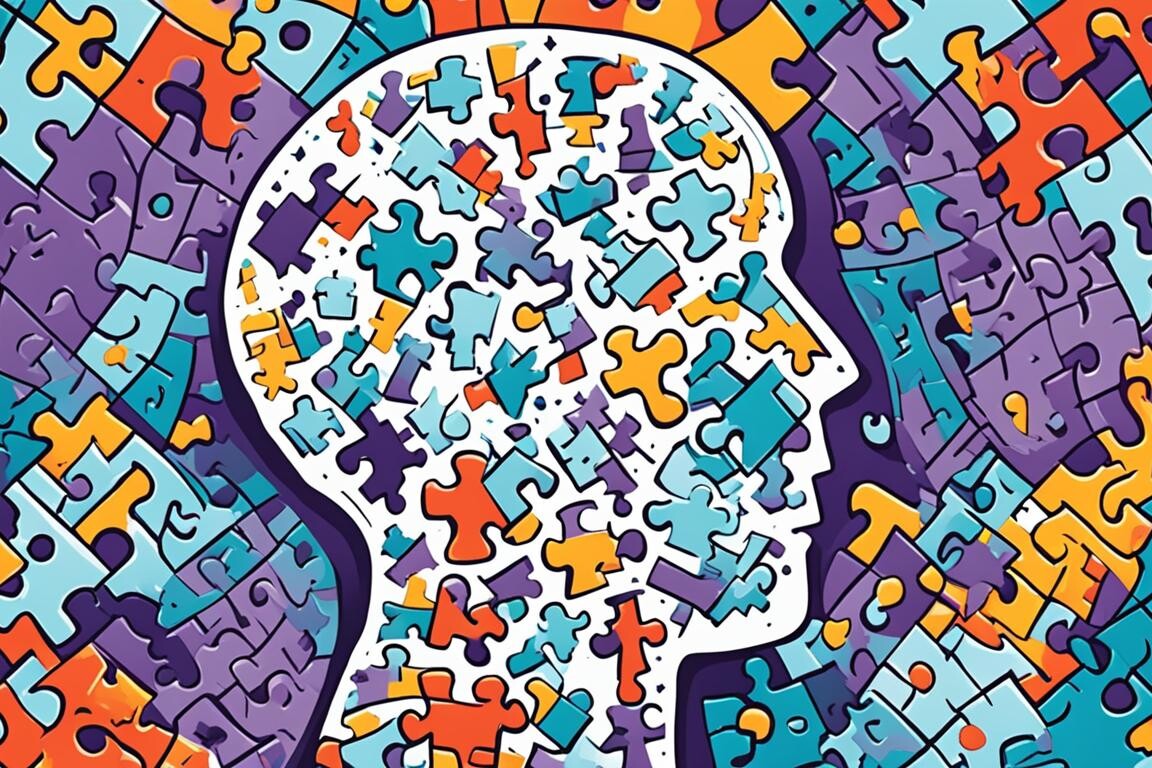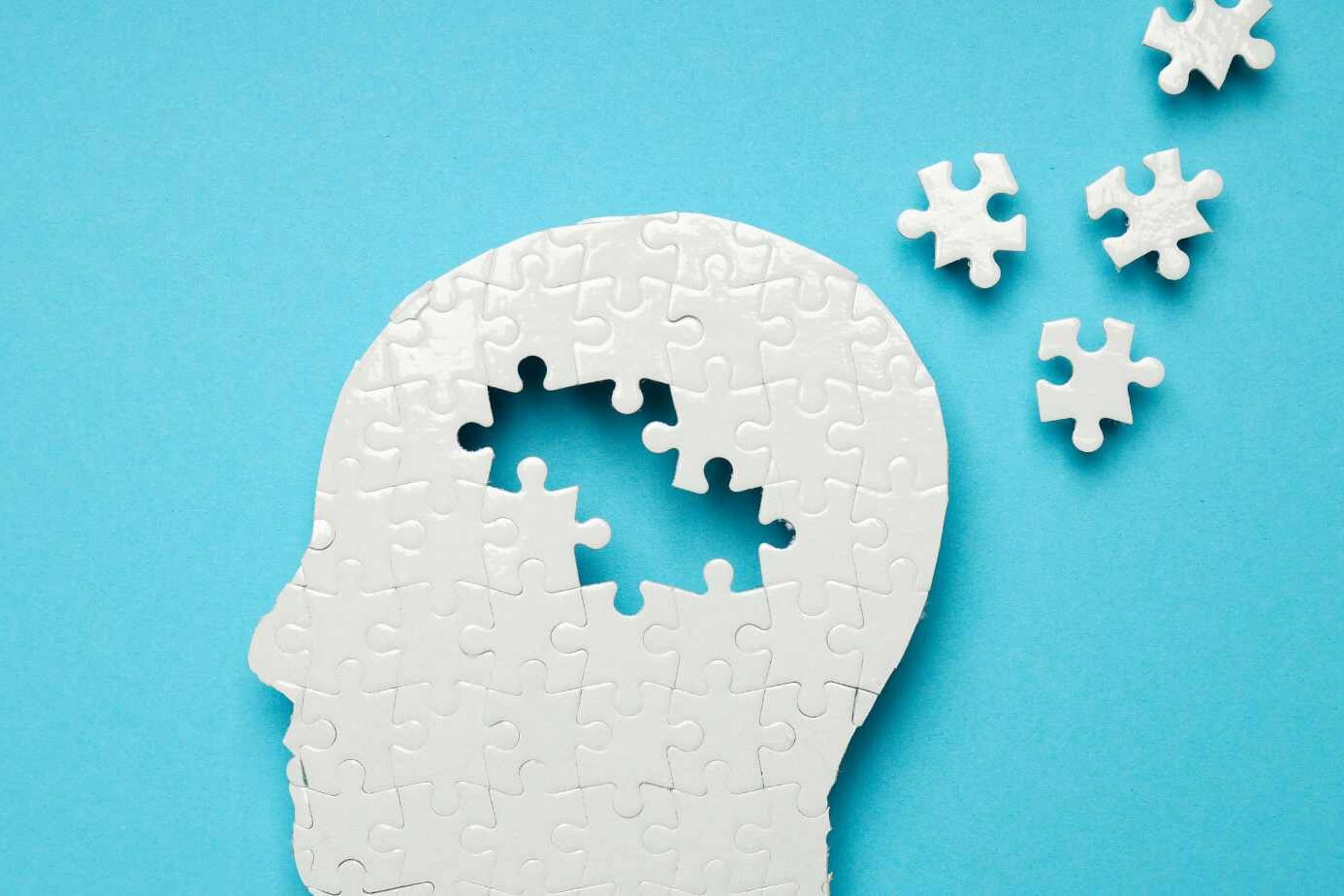Diagnosing Alzheimer’s disease typically involves a comprehensive evaluation that includes medical history, physical examination, cognitive assessments, and sometimes imaging or laboratory tests. Here’s a general overview of the diagnostic process:
- Medical History and Physical Examination: The healthcare provider will conduct a thorough review of the individual’s medical history, including symptoms, family history of dementia, and any medications or medical conditions that could contribute to cognitive impairment. A physical examination may also be performed to assess overall health and rule out other potential causes of symptoms.
- MRI (Magnetic Resonance Imaging): It’s like a big camera that takes detailed pictures of the brain. With MRI, we can see the structure of the brain, like its size and shape. In Alzheimer’s, we might see shrinkage or atrophy in certain areas of the brain, which can help confirm the diagnosis.
- PET (Positron Emission Tomography) scans: These scans show us how the brain is working. We use a special dye that highlights certain things in the brain, like proteins associated with Alzheimer’s. PET scans help us see changes in brain activity and metabolism, which can give us more clues about the disease.
- Functional MRI (fMRI): This is a type of MRI that shows us which parts of the brain are active when a person is doing different tasks. It helps us understand how the brain is functioning. For example, we might ask someone to remember things while in the fMRI machine to see which parts of their brain are working hard. In Alzheimer’s disease, certain areas of the brain might not show as much activity as they should, which can indicate problems with memory or thinking.
- Cognitive Testing: This involves doing various tasks or answering questions to assess memory, thinking, and other brain functions.
- Mini-Mental State Examination (MMSE): It’s like a quiz that helps us evaluate different aspects of cognitive function, such as memory, attention, and language. For example, we might ask someone to remember a list of words or draw a clock to see how well they can follow instructions and remember things.
- Montreal Cognitive Assessment (MoCA): This is another test that helps us assess cognitive abilities. It includes tasks like remembering words, drawing shapes, and following instructions. It gives us a broader picture of cognitive function beyond just memory.
- Neuropsychological Testing: In Alzheimer’s disease, neuropsychological testing plays a crucial role in understanding the extent and pattern of cognitive impairment.
Here’s how neuropsychological testing is used in Alzheimer’s diagnosis and management:
- Assessment of Cognitive Function: Neuropsychological tests assess various cognitive functions that are typically affected in Alzheimer’s disease, including memory, attention, language, executive function (such as planning and problem-solving), and visuospatial abilities. These tests help identify specific areas of cognitive decline and track changes over time.
- Differentiating Alzheimer’s from Other Conditions: Neuropsychological testing helps distinguish Alzheimer’s disease from other types of dementia or cognitive disorders. While Alzheimer’s primarily affects memory and other cognitive functions, other conditions may have different patterns of cognitive impairment. Neuropsychological tests can help clinicians make a more accurate diagnosis.
- Monitoring Disease Progression: Neuropsychological testing is used to monitor the progression of Alzheimer’s disease over time. By repeating tests at regular intervals, clinicians can track changes in cognitive function and assess the rate of decline. This information is valuable for adjusting treatment plans and providing appropriate support and interventions.
- Assessment of Functional Impairment: In addition to cognitive function, neuropsychological testing may also assess functional abilities related to daily living, such as managing finances, performing household tasks, and maintaining personal hygiene. Understanding the impact of cognitive decline on daily functioning is important for determining the level of support and assistance individuals with Alzheimer’s may require.
- Evaluation of Treatment Efficacy: Neuropsychological testing can be used to evaluate the effectiveness of treatments and interventions aimed at managing symptoms of Alzheimer’s disease. For example, if a person with Alzheimer’s starts taking medication to improve cognition, neuropsychological testing can help assess whether there are any measurable improvements in cognitive function over time.
- Guiding Care Planning: Results from neuropsychological testing inform care planning and help caregivers and healthcare professionals develop personalized strategies to support individuals with Alzheimer’s disease. These strategies may include cognitive rehabilitation techniques, environmental modifications, and caregiver education and support.
- Laboratory Tests: While there is currently no single blood test that can definitively diagnose Alzheimer’s disease, certain blood tests can provide valuable information that may support the diagnostic process or help rule out other potential causes of cognitive impairment. Here are some blood tests that may be used in evaluating
Alzheimer’s disease

- Complete Blood Count (CBC): A CBC measures various components of the blood, such as red blood cells, white blood cells, and platelets. Abnormalities in the CBC may indicate underlying medical conditions that could contribute to cognitive impairment, such as infections or anemia.
- Blood Chemistry Panel: A blood chemistry panel measures levels of glucose, electrolytes, liver enzymes, kidney function markers, and other substances in the blood. Abnormalities in these levels may indicate metabolic imbalances or organ dysfunction that could affect brain function.
- Thyroid Function Tests: Thyroid function tests measure levels of thyroid hormones (TSH, T3, and T4) in the blood. Thyroid disorders, such as hypothyroidism or hyperthyroidism, can cause symptoms similar to those of Alzheimer’s disease, including cognitive impairment and memory problems.
- Vitamin B12 and Folate Levels: Deficiencies in vitamin B12 and folate (vitamin B9) can lead to neurological symptoms, including cognitive decline and memory loss. Blood tests can measure levels of these vitamins to identify deficiencies that may contribute to cognitive impairment.
- Inflammatory Markers: Chronic inflammation has been implicated in the development and progression of Alzheimer’s disease. Blood tests may measure levels of inflammatory markers such as C-reactive protein (CRP) or interleukin-6 (IL-6) to assess inflammation levels in the body.
- Cerebrospinal Fluid Analysis: In some cases, a lumbar puncture (spinal tap) may be performed to analyze cerebrospinal fluid for biomarkers associated with Alzheimer’s disease, such as amyloid-beta and tau proteins.
- Clinical Criteria: Diagnosis of Alzheimer’s disease is often based on clinical criteria established by organizations such as the National Institute on Aging and the Alzheimer’s Association. These criteria consider the pattern of cognitive impairment, progression of symptoms over time, and exclusion of other potential causes of dementia.
- Multidisciplinary Evaluation: Diagnosing Alzheimer’s disease may involve a team of healthcare professionals, including neurologists, geriatricians, neuropsychologists, and other specialists, who collaborate to evaluate the individual’s symptoms and determine the most likely diagnosis.
About The Author

Medically reviewed by Dr. Chandril Chugh, MD, DM (Neurology)
Board-Certified Neurologist
Dr. Chandril Chugh is a U.S.-trained, board-certified neurologist with expertise in diagnosing and managing neurological disorders, including migraines, epilepsy, Parkinson’s disease, and movement disorders. His clinical focus includes evidence-based neurological care and patient education.
All content is reviewed for medical accuracy and aligned with current neurological guidelines.




